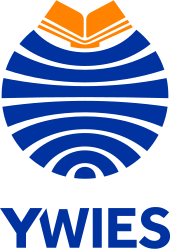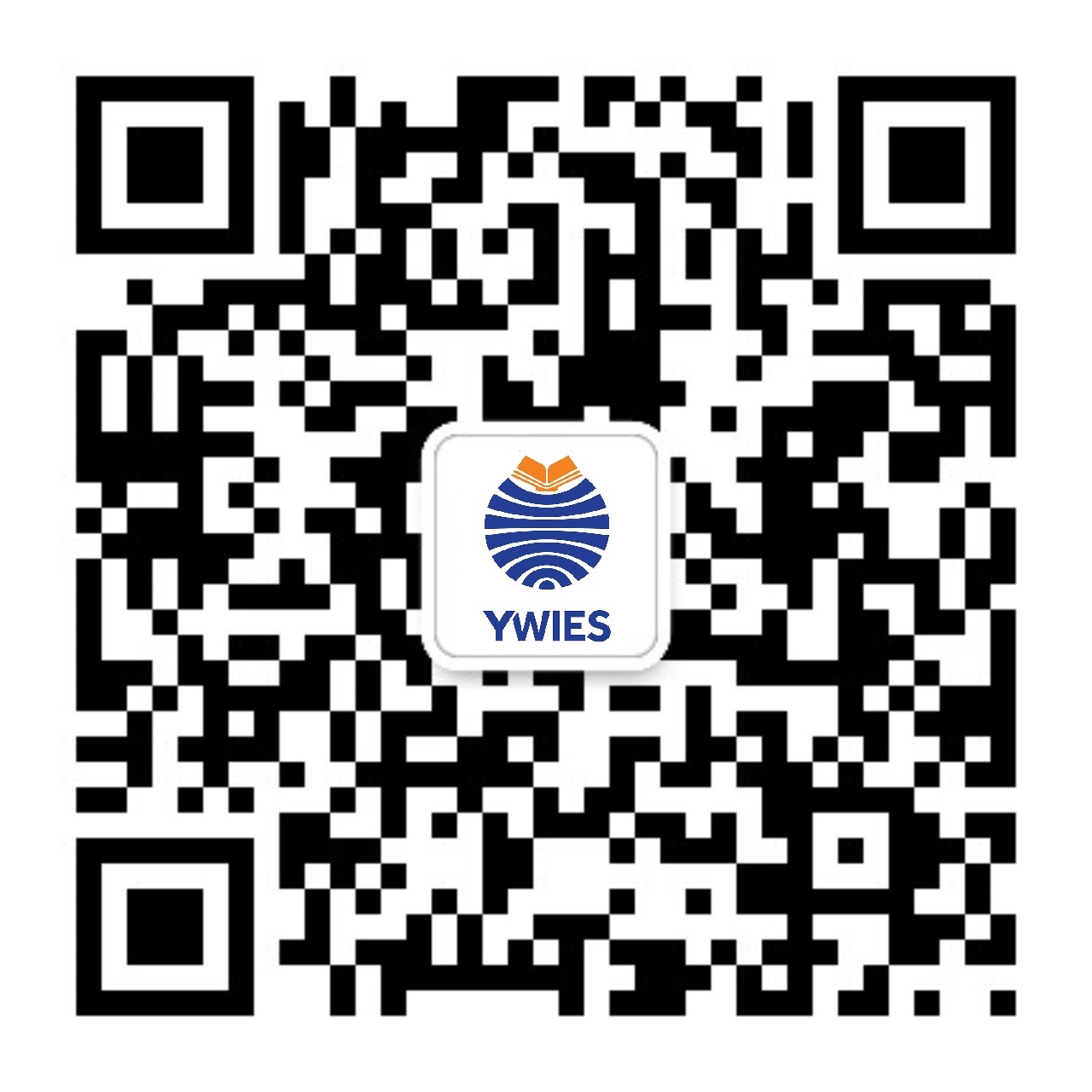Go Back
News
School News
Chinese Week in Review: Exploring the Wonderful Chinese Characters
School News
28 Jul, 2022
10 : 00
Throughout history, Chinese culture has continued to evolve and change, but Chinese characters have used their unique stability and inclusiveness to tell the stories of one generation to the next. In this Chinese Week, students in YWIES Beijing were able to pick up the stories of Chinese characters, learn about the meaning of the rare characters and feel the mystery of their use in the project sessions on character creation, literacy and usage.
The teachers of the Chinese Language Team have designed a variety of engaging language activities to create a stage where students can show their strengths and become true masters of Chinese Week, enjoying the charm of the Chinese language and the joy of learning! The theme of this Chinese Language Week is "Chinese Characters, It's Wonderful!"
Character Building Chapter - Picking up the story of Chinese characters
The activities for Grade 1 to 4 are divided into different sections: My Story with Chinese Characters; I am a Little Master of Chinese Characters; I am a Little Poet; I am a Little Reciter and I am a Story King.
In the 'My Story with Chinese Characters' section, each student brought one of their favourite Chinese characters to the classroom to share with the class, and creatively shared their reasons for choosing the character and their impressive story. Some students are innovative by condensing their names into a Chinese character, incorporating their own thoughts and interpretations to give new meaning to the new character.
In the 'I am a little poet' section, students reviewed all the ancient poems and accumulated literary trivia, and competed in different forms such as multiple choice, linking, successive sentences and recitation, which was a tense and exciting process. At the end of the competition, the students were still not satisfied. The teachers encouraged the students to create their own Poetry Book, so that any time they wanted to express themselves, even if it was just a few words, they could record it in their own Poetry Book and treasure it.
The activity sections for Grade 5 to 8 are divided into: Chinese Character Creation, Storytelling Competition - The Story of Chinese Characters, Poetry Competition and Debate.
In the 'Creating Chinese Characters' section, each student will create a Chinese character to share in class. They explain the purpose and method of creating the character and how it has been written through the ages, and how to promote the use of the character to others. Teachers found that many students expressed their innermost feelings or deeper reflections on life through the Chinese characters they created.
In this project, students learnt about the ways in which Chinese characters are created: pictographs, pseudonyms, associative compound and pictophonetic characters; and the variations in the writing styles of Chinese characters: Jiagu, Qin Zhuan, Han li and Tang Kai. They explored the roots of the Chinese characters, and in a rational approach, they either went back a thousand years to create the characters that are missing in our lives now, or designed new characters for the current epidemic situation.
In the 'Debates' section, students held six debates through in-depth readings and discussions of “The Memory Bearer”, “When the Stars of Mankind Shone” and “Hamlet”.
In the 'Stories of Chinese Characters' module, participants told a variety of stories about Chinese characters, from exploring the shape of Chinese characters, to exploring the deeper relationship between the development and evolution of Chinese characters and Chinese history and culture, to exploring the wonders of Chinese characters, to telling stories of Chinese expressions... ...
Literacy - Recognising the deeper meaning of out-of-the-ordinary characters
Characters are amazing, leaving behind 5,000 years of thoughts and sayings. The pupils were able to distinguish between evil and good through the pictographs, sounds and meanings of the ancients. Look at the "little ghosts" in "魃魈魁鬾魑魅魍魉", the "pair of hands" in "又双叒叕 "The "torch" in "火炎焱燚", as well as the Chinese word formation method in "踽踽独行、醍醐灌顶、绵绵瓜瓞、 奉为圭臬、龙行龘龘、犄角旮旯".
Students explore these patterns and ponder the deeper meaning behind them, moving from point to point and from surface to network - from words to words and from words to sentences, making a large number of friends with out-of-the-way words in the song 'Out-of-the-way Words'. They gain the courage, interest and approach to literacy in the context of out-of-the-way words.
Using words - feeling the mystery of using words
In the "Flying Flowers", "Poetry Conference", "Guess the Word" and "School Year Reading Sharing" activities, students were bold enough to The Chinese Week culminated with the use of classic poems, deciphering Chinese characters and sharing their reading using Chinese characters.
In the "Flying Flowers" and "Poetry Conference" activities, the Chinese Language teachers compiled hundreds of common poems from inside and outside the classroom for students to review and consolidate during online lessons. The Chinese Language Week 'Word Story' was used as a link to give students a realistic and motivating approach to the learning of ancient poems.
In the "Guess the Word" activity, students again decipher the patterns of word puzzles and decipher more of them.
"In the 'Reading Sharing' activity, students summarised what they had read during the school year, including how many thousands of words they had read, which teacher-recommended books they had read and which extra-curricular books they had read, and shared their own reading methods for their classmates.
At the end of the school year, teachers led students to look back on their year's reading by sharing summaries in which they constructed a clear perception of reading. Students were able to explore the origins and fundamentals of Chinese characters; they were also able to experience the unique charm of Chinese characters in a game of those words and poems that were popular in ancient times. This is what the Chinese Week is all about.








